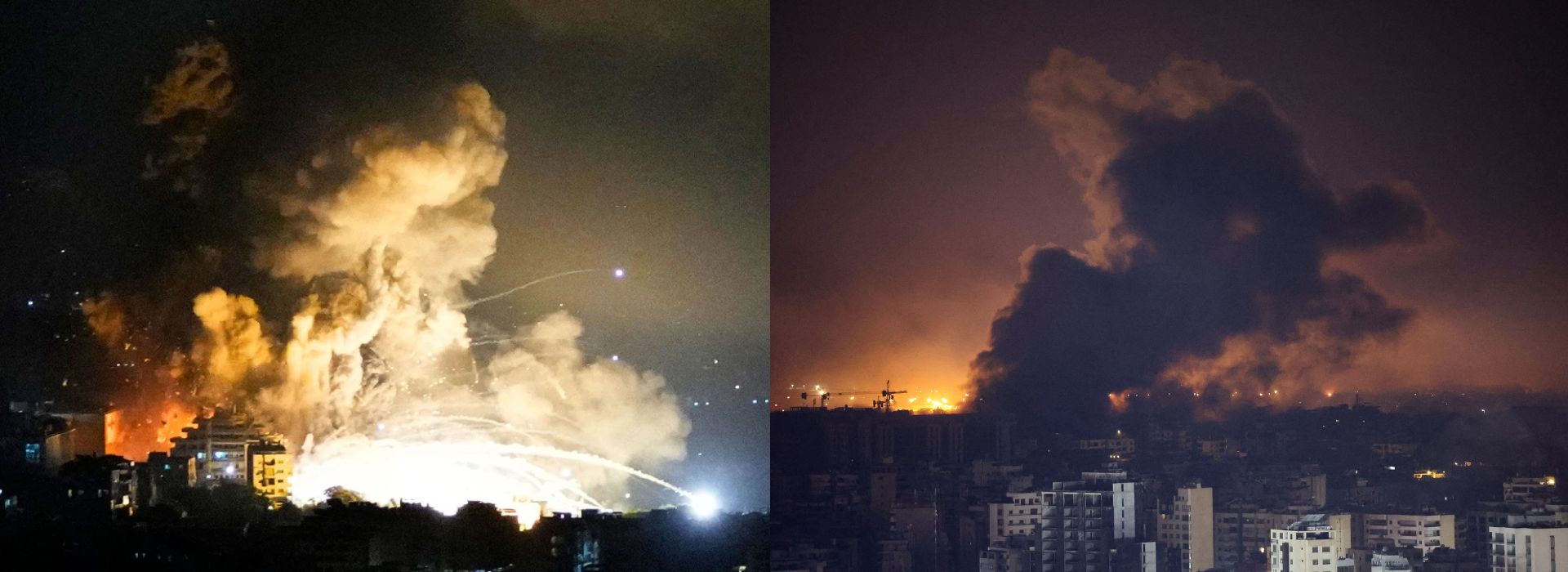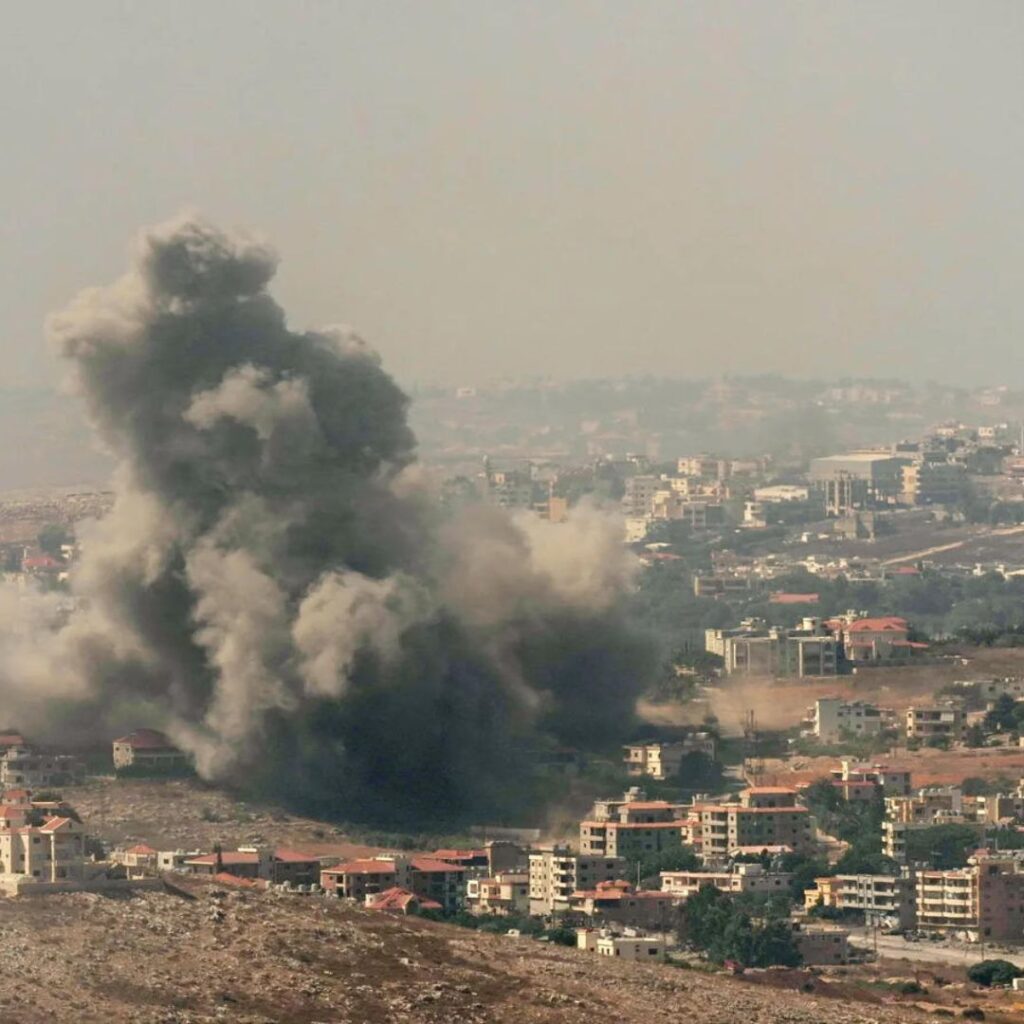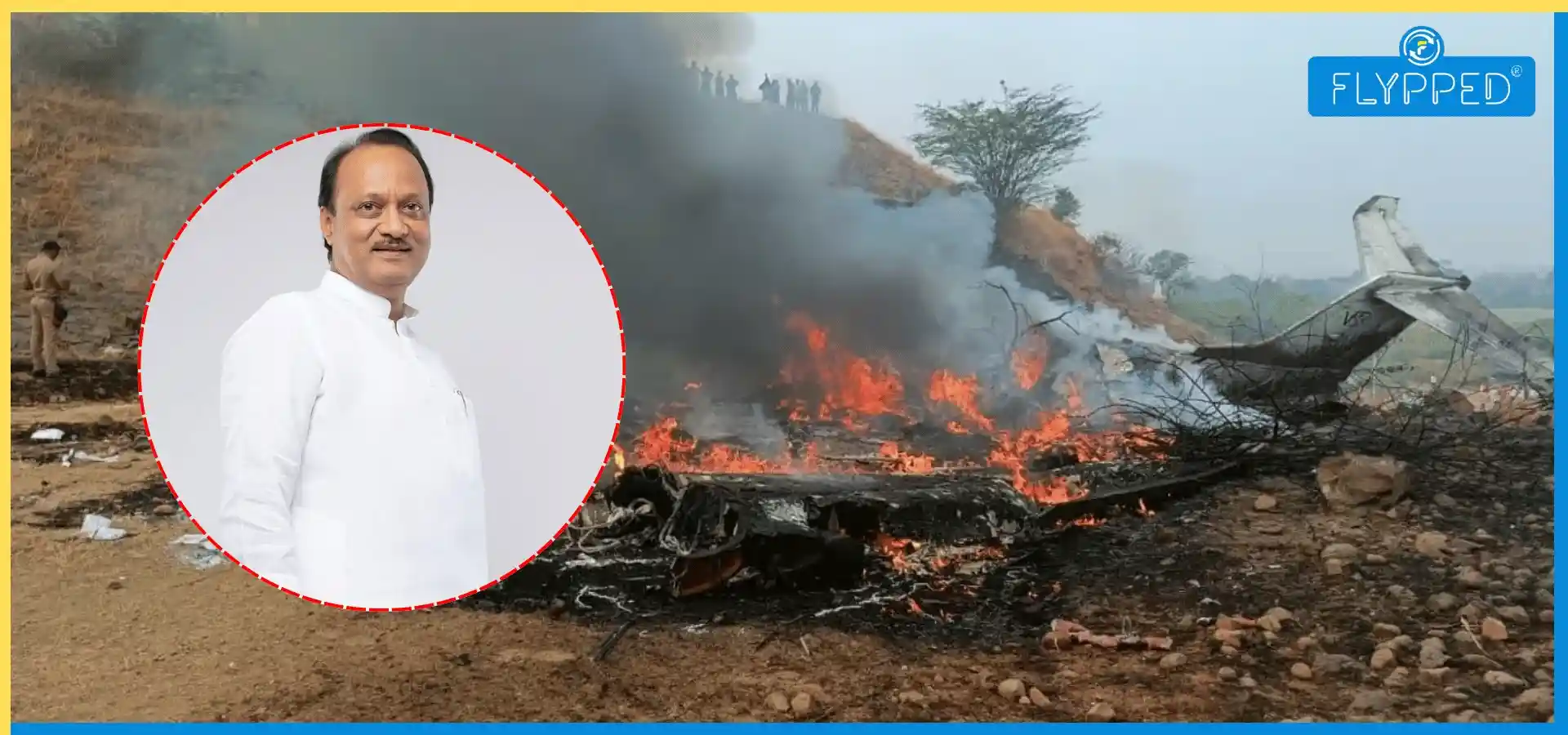West Asia conflict intensifies with Israeli attacks targeting Hezbollah leader’s successor in Beirut

The conflict in West Asia has always been a complex and volatile issue, but recent developments have further intensified the situation. Israeli airstrikes in Beirut have reportedly targeted the successor of Hezbollah’s current leader, Hassan Nasrallah. This marks a significant escalation in the ongoing tensions between Israel and Hezbollah, a powerful Shiite political and militant group based in Lebanon. As these events unfold, they carry the potential to ignite a broader conflict, drawing in regional powers like Iran and Syria, and adding further instability to an already fragile region.
What Led to the Recent Israeli Attacks?
To understand the current situation, it’s essential to look at the long-standing tension between Israel and Hezbollah. Hezbollah, formed in the 1980s during the Lebanese Civil War, has grown into a formidable force with strong military capabilities, largely supported by Iran. It has long been a major threat to Israel due to its stockpile of rockets and other advanced weaponry, capable of reaching deep into Israeli territory.

Israel views Hezbollah as not only a regional threat but also a proxy for Iran, its most significant adversary in the Middle East. Over the years, Israel has carried out multiple airstrikes targeting Hezbollah positions in Lebanon and Syria, where the group has been actively involved in supporting the Assad regime during the Syrian Civil War. These strikes have usually targeted weapons shipments, military bases, or lower-level commanders. But the recent attack, which aimed at Hezbollah’s leadership, marks a shift in Israel’s strategy, signaling an escalation in their long-standing conflict.
The target of the recent Israeli strikes was reportedly the successor to Hassan Nasrallah, the current leader of Hezbollah. While Nasrallah has been a key figure in Hezbollah’s rise as a powerful force in Lebanon and beyond, there have been unconfirmed reports of his declining health, leading to speculation about who might take his place. This potential successor has remained largely anonymous to the public, but Israeli intelligence has likely identified this figure as a significant threat, warranting the recent targeted strikes.
The Importance of Hezbollah in the Region
Hezbollah is not just a militant group; it also plays a significant political role in Lebanon. The organization has both a military wing and a political arm, and its influence extends beyond Lebanon, particularly into Syria. During the Syrian Civil War, Hezbollah played a crucial role in propping up President Bashar al-Assad’s regime, which is closely allied with Iran.
Hezbollah’s military strength has, for years, overshadowed that of the Lebanese Army, and it has become a key actor in Lebanese politics. The group's leader, Hassan Nasrallah, has been a vocal critic of Israel, regularly calling for resistance against Israeli occupation and supporting Palestinian groups. Nasrallah has long been a thorn in Israel’s side, and under his leadership, Hezbollah has grown more sophisticated in its military operations.
As Nasrallah’s health reportedly declines, the prospect of a new leader taking over brings uncertainty. The successor could bring a more aggressive stance or continue Nasrallah’s policy of balancing military resistance with political influence. Either way, the Israeli strikes aimed at this potential successor highlight how serious Israel perceives this leadership change to be.
The Risks of Escalation
By targeting a figure as prominent as Nasrallah’s successor, Israel risks provoking a strong response from Hezbollah. In the past, when Israeli actions have killed or targeted high-ranking Hezbollah officials, the group has retaliated with rocket attacks or cross-border skirmishes. Such retaliation could quickly spiral into a larger conflict, one that could draw in regional actors like Iran or Syria, both of which have vested interests in supporting Hezbollah.
This escalation comes at a particularly sensitive time for Lebanon, a country already grappling with severe economic instability, political dysfunction, and the aftermath of the devastating Beirut port explosion in 2020. The country is struggling to recover from one of the worst economic crises in modern history, with widespread poverty, currency collapse, and a breakdown in basic services. Another conflict with Israel would be disastrous for Lebanon, further destabilizing the region and complicating efforts to rebuild.
The Broader Geopolitical Context
The West Asia region is already a geopolitical powder keg. The relationship between Israel and Hezbollah is only one piece of a much larger puzzle involving various state and non-state actors with competing interests. Israel’s primary concern has always been Iran, and it views Hezbollah as Iran’s most powerful and dangerous proxy in the region. Iran, for its part, uses Hezbollah to project its influence across the Middle East, particularly in Lebanon and Syria.
In recent years, the region has seen some significant shifts in alliances, with the normalization of diplomatic relations between Israel and several Arab countries, including the UAE and Bahrain. These agreements, known as the Abraham Accords, have changed the dynamics of the region, aligning some Arab states more closely with Israel against shared enemies like Iran.
However, despite these diplomatic breakthroughs, the situation remains volatile. Iran’s influence in Lebanon, Syria, Iraq, and Yemen continues to be a point of concern for Israel and its new regional partners. Any further escalation between Israel and Hezbollah could pull in Iran, leading to a larger regional conflict that could have far-reaching consequences.
What’s Next?
As tensions rise, the future remains uncertain. Israel is likely to continue its strategy of targeting Hezbollah leaders and military infrastructure in an attempt to weaken the group before any succession takes place. Meanwhile, Hezbollah will have to decide how to respond. Retaliation could come in the form of rocket attacks or other military actions along the border with Israel, which would likely provoke a swift and decisive response from the Israeli Defense Forces.
The international community, particularly the United States, is keeping a close eye on the situation. The U.S. has long supported Israel’s right to defend itself but has also called for restraint in the region to avoid a larger conflict. Other global powers, such as Russia, which has a significant military presence in Syria, will also be watching closely, as any conflict involving Hezbollah could affect their interests in the region.
For Lebanon, this new wave of conflict could not come at a worse time. The country’s economic crisis is already at a breaking point, and further violence could make the situation even more dire. It’s a delicate balance for all involved, and the coming weeks and months will be crucial in determining whether this conflict escalates further or whether diplomacy and restraint can prevail.
Conclusion
The recent Israeli strikes targeting Hezbollah’s leadership are a significant development in the ongoing conflict between Israel and the group. With so many players involved and so much at stake, the situation remains tense, and the potential for escalation is high. For now, all eyes are on Beirut, where the future of the region could be shaped by the actions taken in the coming days.
Click to read the full article





